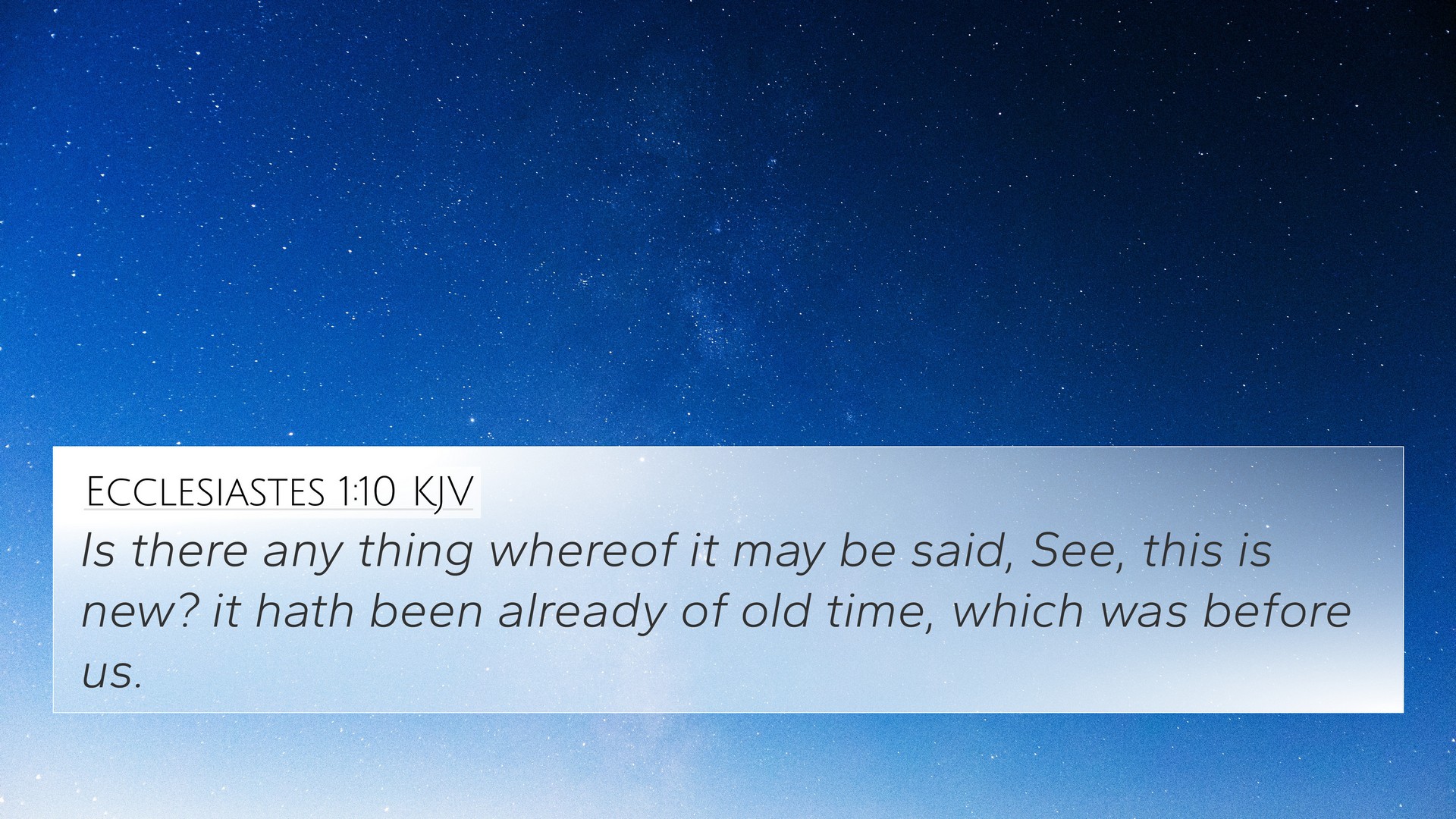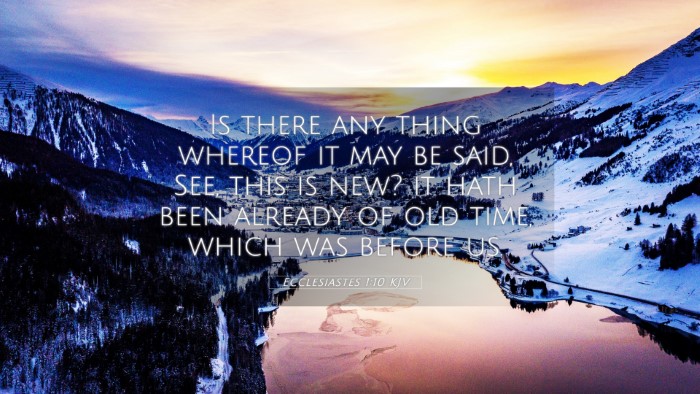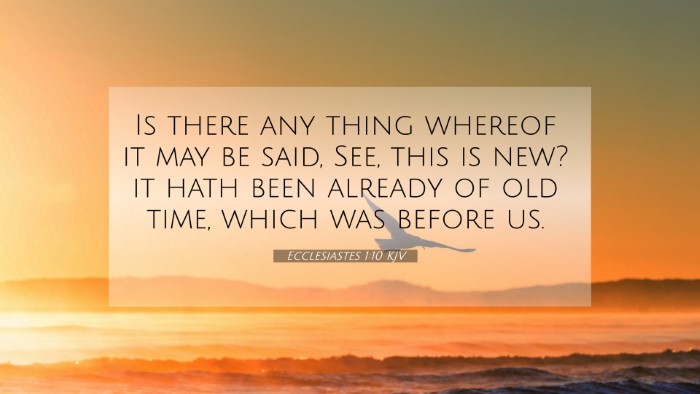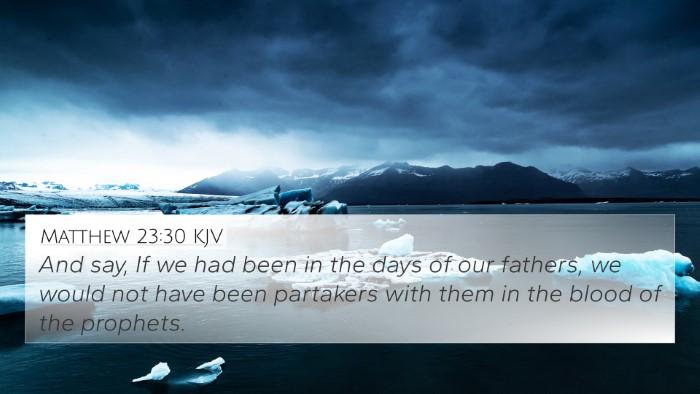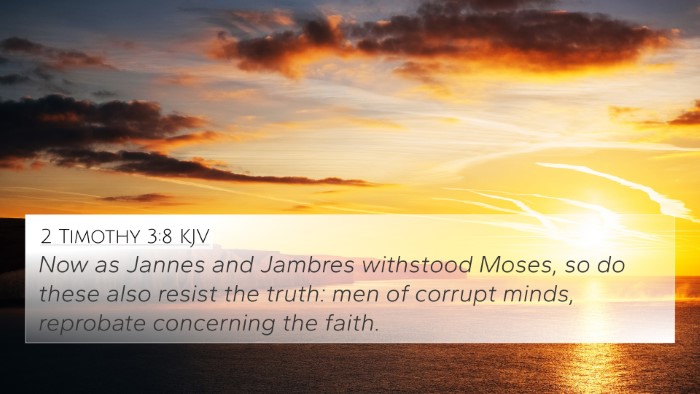Old Testament
Genesis Exodus Leviticus Numbers Deuteronomy Joshua Judges Ruth 1 Samuel 2 Samuel 1 Kings 2 Kings 1 Chronicles 2 Chronicles Ezra Nehemiah Esther Job Psalms Proverbs Ecclesiastes Song of Solomon Isaiah Jeremiah Lamentations Ezekiel Daniel Hosea Joel Amos Obadiah Jonah Micah Nahum Habakkuk Zephaniah Haggai Zechariah MalachiVerse
Ecclesiastes 1:1 Ecclesiastes 1:2 Ecclesiastes 1:3 Ecclesiastes 1:4 Ecclesiastes 1:5 Ecclesiastes 1:6 Ecclesiastes 1:7 Ecclesiastes 1:8 Ecclesiastes 1:9 Ecclesiastes 1:10 Ecclesiastes 1:11 Ecclesiastes 1:12 Ecclesiastes 1:13 Ecclesiastes 1:14 Ecclesiastes 1:15 Ecclesiastes 1:16 Ecclesiastes 1:17 Ecclesiastes 1:18